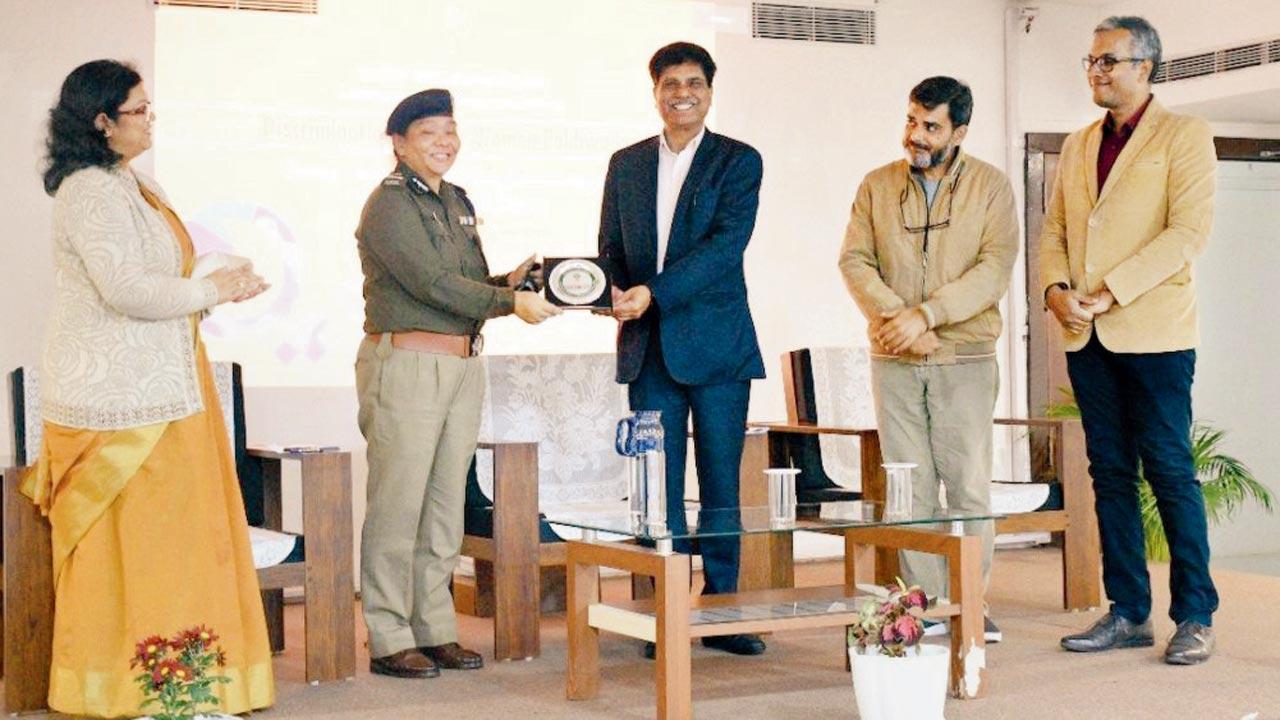Home / Sunday-mid-day / / Article /
More than a woman
Updated On: 19 May, 2024 12:55 PM IST | Mumbai | Makepeace Sitlhou
Being a tribal and a woman is an accident of birth, says new Meghalaya police chief, Idashisha Nongrang, who has set a record for the Northeast

PIC/IIM SHILONG/X
Tomorrow, May 20, is a big day, not only for Idashisha Nongrang as she takes over as the Director General of Police in Meghalaya, but also for the state and the Northeast region, where she is the first tribal woman to become a police chief.
While Nongrang is filled with pride given that this is what she has trained for over the last 32 years of service, she’s already tired of being preluded with ‘first woman’. “I’ve been an IPS officer with so many years of service,” she told mid-day. “Being a woman is not a qualification but an accident of birth, same as being tribal. I don’t think UPSC or anyone looked at my gender during the process of empanelment.”



